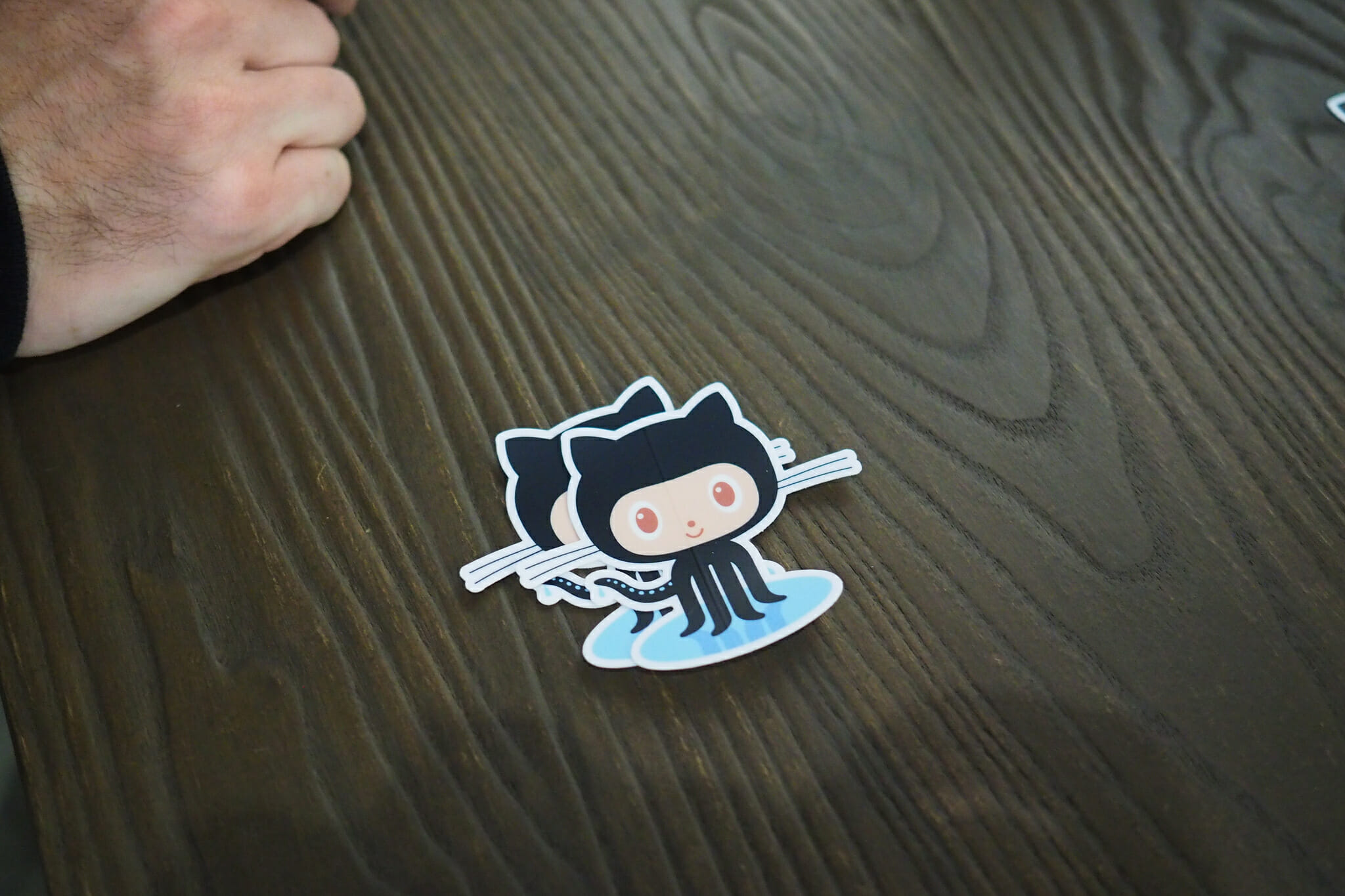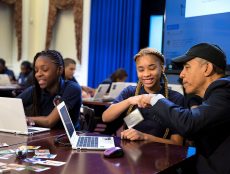
Articles
Editor’s Picks
GitHub Education Survey Measures Learner Outcomes
By Henry Kronk
August 15, 2018
Like a stray <div> in the index file, coding in the classroom can bring about outcomes that might not be immediately apparent. That’s why GitHub Education recently took a look into a slice of their 1 million + users. In a survey of 8,000 students and teachers—those who had used GitHub Education and those who had not—the online developer community got a look into how their platform is making an impact in the classroom.
Student respondents came from a range of programming and computer science courses, but the majority were in a university setting. Teachers, meanwhile, were evenly split among high school and higher education.
The study tested for a few different learning outcomes: preparation for the future, learning with GitHub, developing a sense of belonging, feedback, and classroom experience. As reported by GitHub learners and instructors, the results were positive.
Questions on the survey prompted students to respond with one among a spectrum of answers spanning from ‘very much’ to ‘very little.’
GitHub Education Survey Results
According to the results, Github Education learners felt better prepared to enter the tech industry compared to others. 31% who used it felt so ‘very much’ compared to 14% of those who did not.
GE learners also felt better about skills they’ll need in the professional world, such as developing their own portfolio (30% vs. 15% said ‘very much’); project management (25% vs. 12%); and using popular industry tools.
In addition, “Students felt more prepared for future internships or career 33% of students who used GitHub in the classroom and 19% of students who didn’t use GitHub in the classroom felt their course prepared them for future internships or career “very much.””
And “Students felt they learned more about teamwork and collaboration. 32% of students who used GitHub in the classroom and 17% of students who didn’t use GitHub in the classroom felt they had learned “very much” about teamwork and collaboration.”
GitHub Learners Report a Greater Sense of Belonging
“This study offers on-ramps to help more people succeed in computer science education,” said Vanessa Gennarelli, general manager of Github Education. “We now know that using GitHub in the classroom predicts a greater sense of belonging, which is related to persistence, overcoming obstacles, and overall academic success.”
“Feedback is a huge piece of learning to code, and students say feedback delivered through GitHub is both more effective and more helpful. Better feedback leads to better code. This is an urgent insight that will move the entire education field forward.”
The last key insight is about student success: students who use GitHub in their technical courses report being more prepared for future coursework, and for work in industry. This has wide-ranging implications for student engagement in technical education.”
Learners also report that onboarding with GitHub can be a difficult experience and that they could have used some extra support. As the Gennarelli and co-author Courtney Hsing write, “Students need more support from teachers and peers when learning to use GitHub. About a quarter of students felt they received less support than they needed from teachers, about a third of students felt they received less support than they needed from peers.”
But at the same time, just 1% of learners reported that GitHub was difficult to learn to use.









No Comments